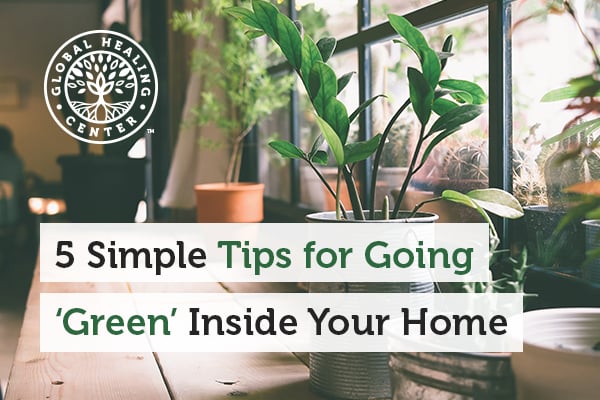|
As much as we have to look after our insides, we have to also take care of the insides of our houses. If nothing else, that’s where we live, and if we’re to stay healthy, we should live in a clean and healthy environment. When the indoor environment where we live becomes toxic, it’s only a matter of time before these sick buildings impact our well-being.
In my Green Living cleanse program, I talk about the importance of purifying the air you breathe, water you drink and cleaning up your environment. The tips listed below go beyond the health benefits from a green living environment and focus on quick, easy and cheap things you can do to save money on your electricity bill, as well as help the environment at the same time.
1. Start RecyclingI would like to believe that everybody is recycling by now, but I know it’s not true. Recycling is an easy thing to do. Save your plastic, aluminum, and steel, and put it out by the curb in a separate container once a week or drop it off at the closest recycling facility. The long-term benefits of recycling should be all the motivation you need. Every city has different regulations as to what they will pick up for recycling. Be sure to call and find out what exactly you’re allowed to recycle to avoid confusion.
If you have young children, you can make recycling a game and teach them the benefits of conserving. Don’t just limit your recycling to your home either. Buy recycled products. Look for the labels that will indicate a carton is made from recycled materials. Buy your children recycled paper notepads for their schoolwork. Learn what the recycling symbols on plastic mean, and only buy products that can be recycled.
2. Use Environmentally Friendly DetergentsThe laundry detergent you use is very important. As a matter of fact, over 95% of all detergents contain toxic chemicals or by-products. Though the variety of toxic detergents (for dishes, clothes, etc.) has always been many, with the green craze, we now have companies developing environmentally safe, organic laundry detergent and organic dishwashing liquid. By using organic products, even if you are unable to capture the water out of your sinks or washing machine, the water that gets away will still do the least possible harm to the environment.
And while we’re on the subject of washing clothes, think about giving your clothes a cold wash. More often than not, your clothes will get nice and clean even if you don’t have the water heated.
3. Turn Off Electricity When Not In UseI feel as if some of these tips are very redundant, and the fact that they still bear mentioning is frustrating. But in this day and age of computers and everything else electronic, maybe the information is still a bit vague.
- Turn off your computer when you are not using it. Those fans that keep it from overheating take up a lot of energy.
- Turn off the lights when you’re leaving a room. Do you need a light on in your bedroom when you’re in the kitchen or living room?
- Want to keep warm during winter? Put on socks or a sweater instead of turning up the heater.
- When possible, avoid using the clothes dryer. Hang clothes up, either outside or inside, either way, you won’t be using electricity to dry your clothes.
- If you’re in the market for new appliances, make sure you get one with the Energy Star sticker on it. They’re more efficient, and they will last longer. Therefore, they stay out of landfills and save you from having to buy another one in a few years.
4. Start Saving Water
One of the biggest concerns in Australia at the moment is the need to save water. They are going through a terrible period of drought, and are seeing dams and reservoirs drop in levels each summer. They are now saving water in whatever way possible. But regardless of where you are, saving water is a good way to do your part for the environment.
Saving water can be easy as well. One of the easiest and cheapest ways involves lots of buckets. Buckets in the shower, buckets by the sink, buckets for shaving, buckets outside to catch the rain. These buckets can then go to water the garden or fill up your toilet tank.
5. Use Energy Efficient LightingMany homes and offices have now made the switch to energy efficient CFL’s. While CFL’s are more efficient and “greener” than the traditional incandescent light bulb, I am still cautious of the use of fluorescent lighting. Fluorescent lighting is linked to a wide range of symptoms and illnesses. Researchers have found that exposure to fluorescent lights at night can disrupt the body’s circadian rhythm and another found that fluorescent lighting can increase the likelihood of developing certain cancers. This is especially troubling for anyone that have to work for extended periods every day under this type of lighting. Exposure to fluorescent lights is also linked to an increase in stress hormones. Instead of CFL’s, I recommend either full spectrum or LEDs (Light emitting diode) as a safe and energy efficient alternative.
| 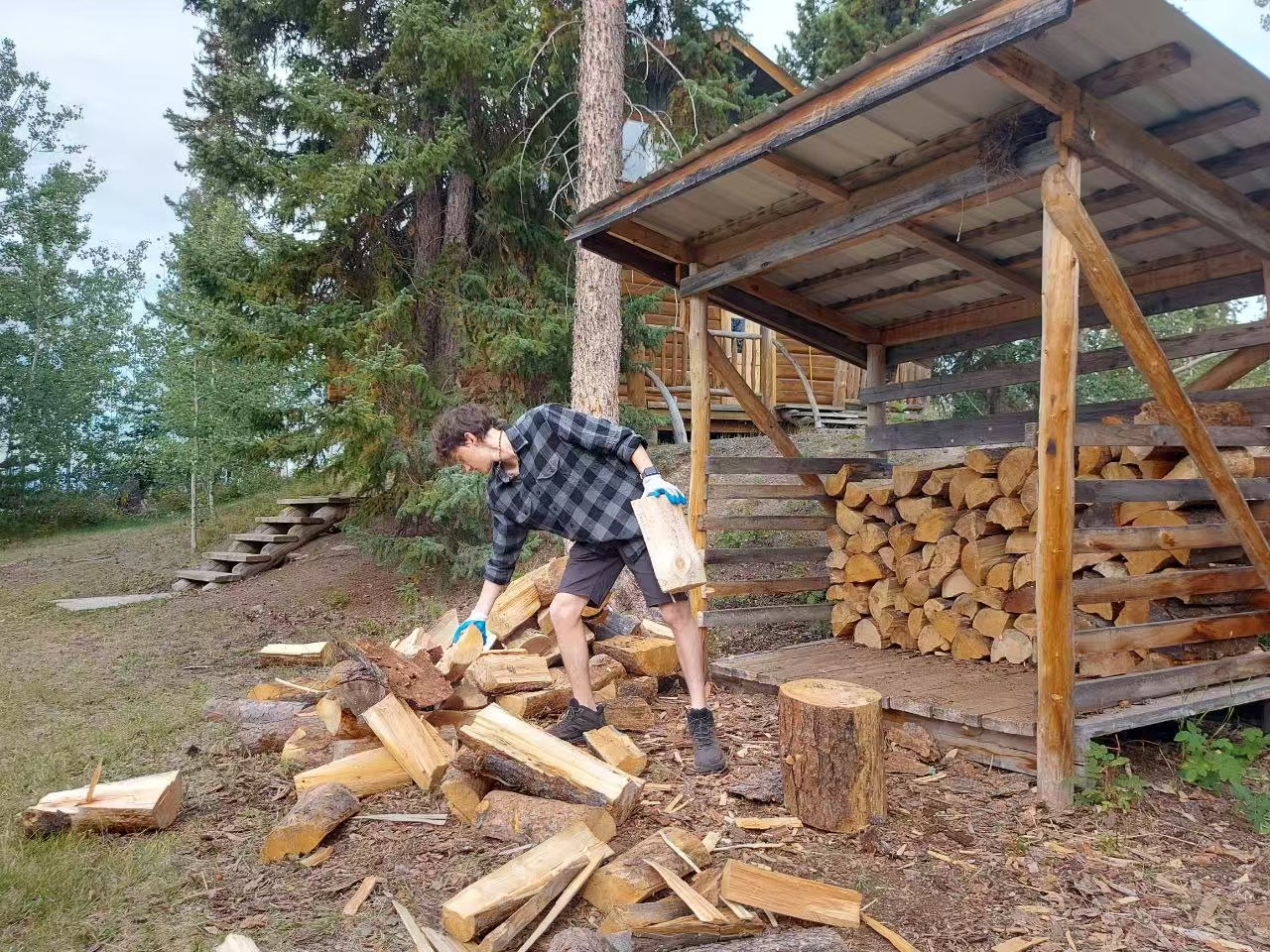 Haha, I’ve got a helper now!
Xuefeng
September 8, 2024
(Translation edited by Q
Haha, I’ve got a helper now!
Xuefeng
September 8, 2024
(Translation edited by Q
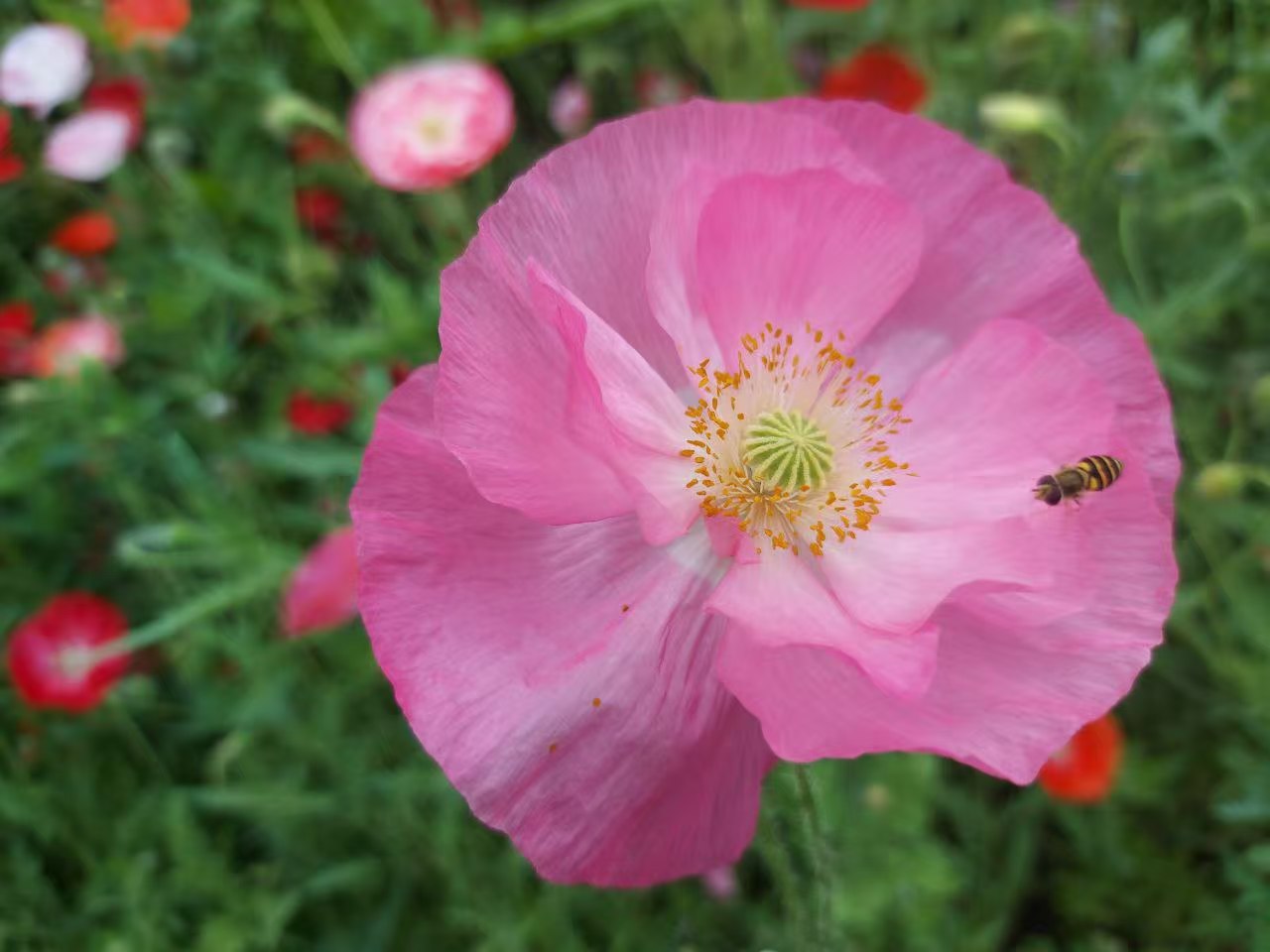 Haha, I felt young again!XuefengYesterday morning, after breakfast, I started ch
Haha, I felt young again!XuefengYesterday morning, after breakfast, I started ch
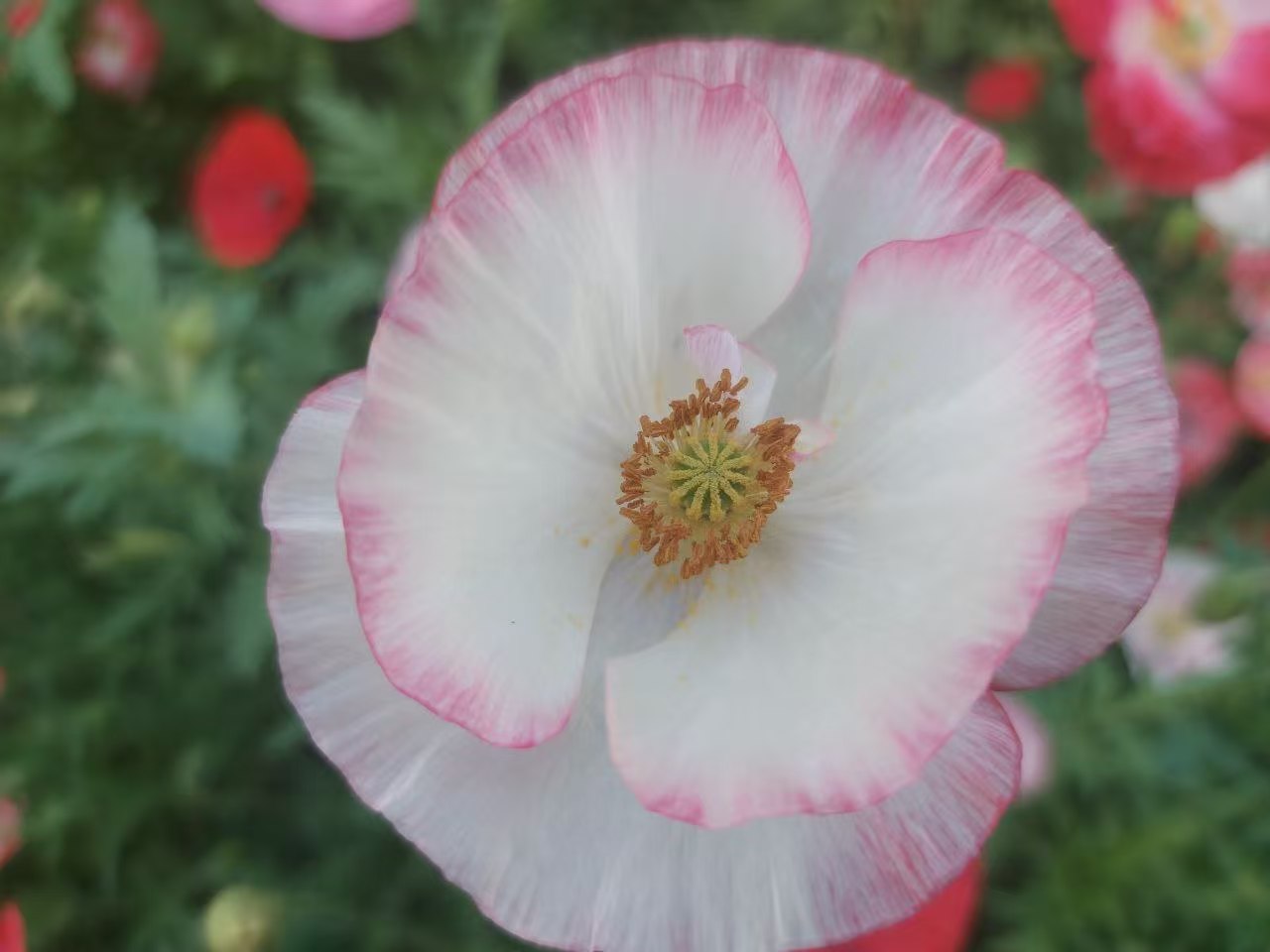 Papaver rhoeas: The Designated Flower of Lifechanyuan
by Xuefeng
August 20, 2024
Papaver rhoeas: The Designated Flower of Lifechanyuan
by Xuefeng
August 20, 2024
 Joyful Games and Warm Welcome for Gabi at Lifechanyuan's Thai Home
Qianzi Celest
Joyful Games and Warm Welcome for Gabi at Lifechanyuan's Thai Home
Qianzi Celest
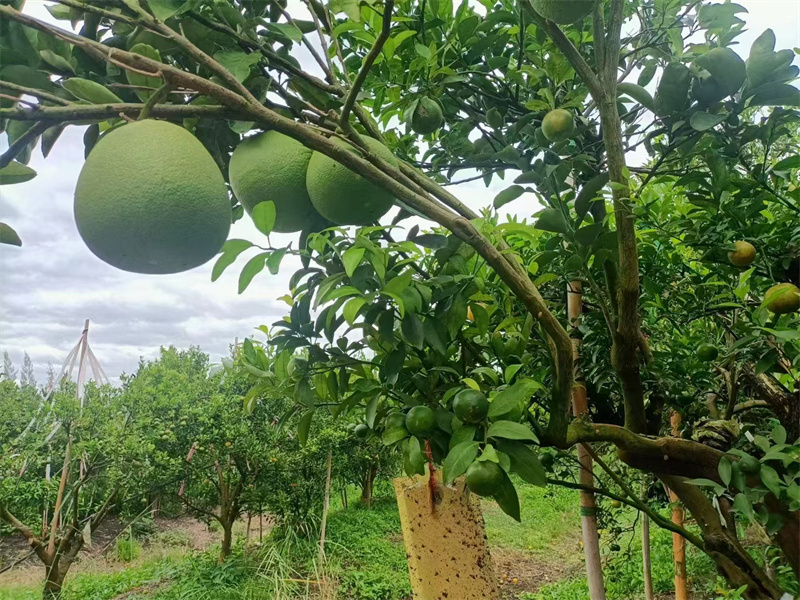 Chilean Girl Gabi Experiences the Life of Lifechanyuan Thailand Second Home Comm
Chilean Girl Gabi Experiences the Life of Lifechanyuan Thailand Second Home Comm
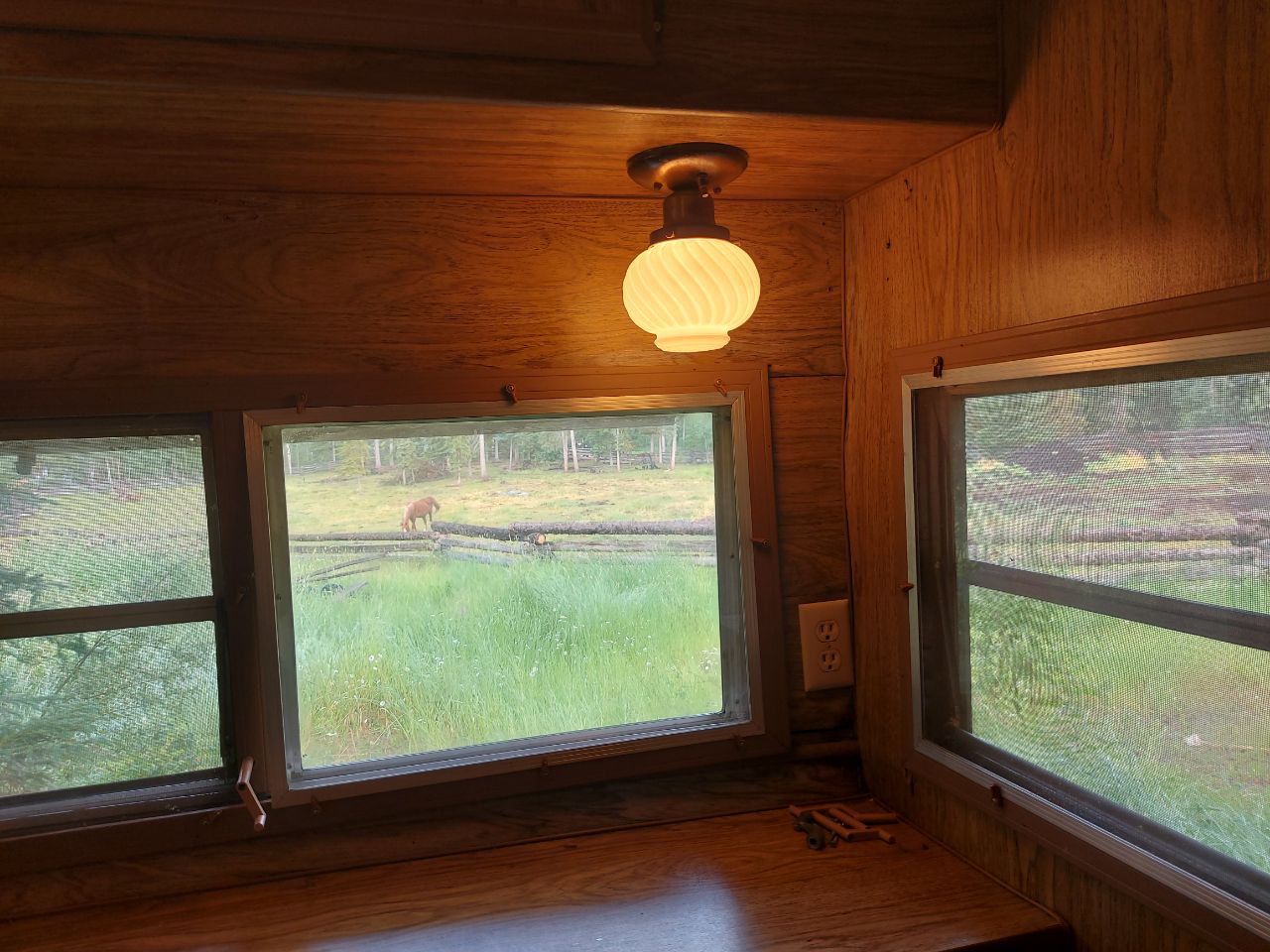 Another Clean and Tidy Joy House
In the tourist resort Holy Land Home, the guide
Another Clean and Tidy Joy House
In the tourist resort Holy Land Home, the guide


 Post time 2017-10-13 13:05:53
Post time 2017-10-13 13:05:53


